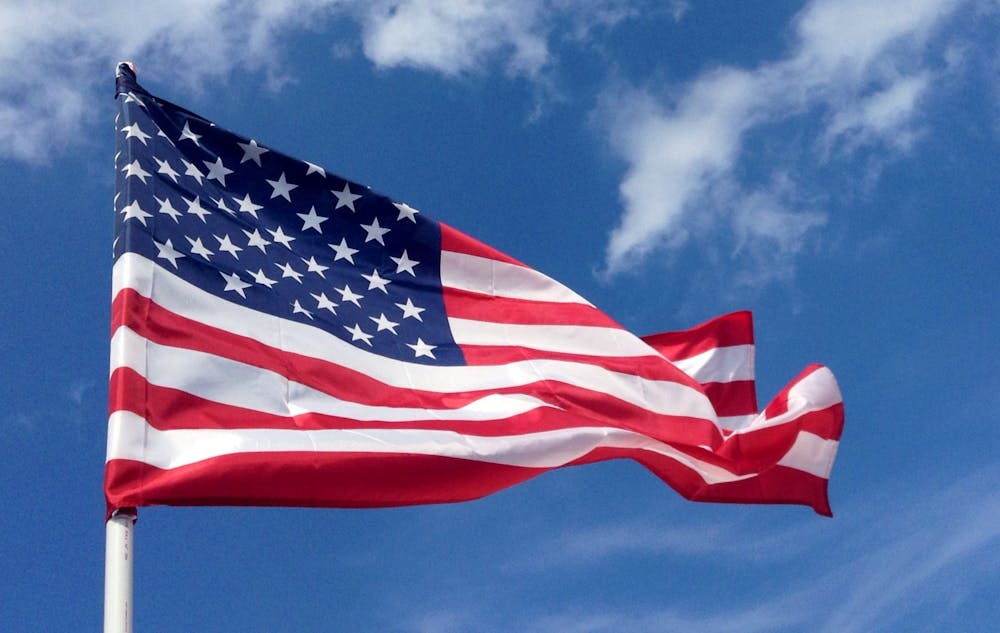By Brinda Patel
Staff Writer
Today, we live in an age where unpredictability is the new normal. This is very much prevalent in the world of politics. Unfortunately, when it comes to who we deem fit to change the trajectory of our country for the better, it’s not up to the popular vote. It’s up to an abysmal system called the Electoral College.
The Electoral College is a body of electors from each political party and state tasked to elect the next president and vice president of the United States. In a twist, this system functions as an exclusive club, where their popular vote pulls the last straw in determining the outcome. Without a certain amount of Electoral College votes, a candidate’s chances of winning are slim to none. This is where swing states come into play. To win the presidency, the overall majority is pivotal. However, it all comes down to seven or eight states that continue to vie. Swing states are a handful of states that can shift left or right – blue or red.
This further emphasizes that the margins of popular vote mean nothing. Sure voices are heard, but the decision is never in our hands. “When Americans cast their ballots, they are actually voting for a slate of electors appointed by their state’s political parties who are pledged to support that party’s candidate,” said Allyson Walker of the New York Times.
Although each respective party is devoted to their voters, candidates concentrate almost all of their efforts on a few key swing states. As of result, this can lead to campaign promises and policy proposals that specifically cater toward these states' concerns. This focus can overshadow the basic needs and interests of voters in other, non-competitive states. Winning an election is already unglamorous and difficult. This raises the question: Why complicate the process further by ignoring the needs of significant populations?
This situation is getting out of hand because the last two Republican presidents – Bush (in 2000) and Trump (in 2016) – won due to the Electoral College. Both times, the candidates did not win the popular vote, but they still ended up in the White House.
There are over 340 million people in the United States, and 331 million are citizens, most of which are eligible voters. Why should the fate of our country be determined by the candidate who secures 270 or more electoral votes? It can result in placing the United States in the hands of an unsuitable leader. Do the opinions of the people no longer matter in this first-world nation?
Even former vice president Al Gore supported the elimination of the Electoral College. In 2000, he was all for the Electoral College because he believed it would tie the states together. It is ironic because although he won the popular vote, he still lost the presidency to Bush that year.
However, after seeing the recent political climate and where we are headed as a country, Al Gore took it back. “I think moving to a popular vote system is not without peril, is not without problems, it’s not a simple one choice is all good, the other is all bad," said Gore, according to New York Magazine. “It’s a balancing act. But I think the balance has shifted, in my mind at least, and I think that we should go to a popular vote.” At least he was mindful of how he approached this matter and his change of opinion, unlike some other vice presidential candidates today.
As a whole, the Electoral College undermines the principle of democracy. It degrades the values of individuality and perpetuates inequality across the United States. Hopefully, we can all move into a new chapter this decade and prioritize a voting system that reflects the true will of Americans. Abolishing the Electoral College guarantees that every citizen’s voice and vote carries equal weight, fostering a more inclusive system.
Adopting the popular vote would not be a controversial decision. Instead, it could build greater public trust in the country regarding the voting process. As we face new challenges and opportunities, reforming how we vote is essential for a more equitable future. This way, everyone wins.







